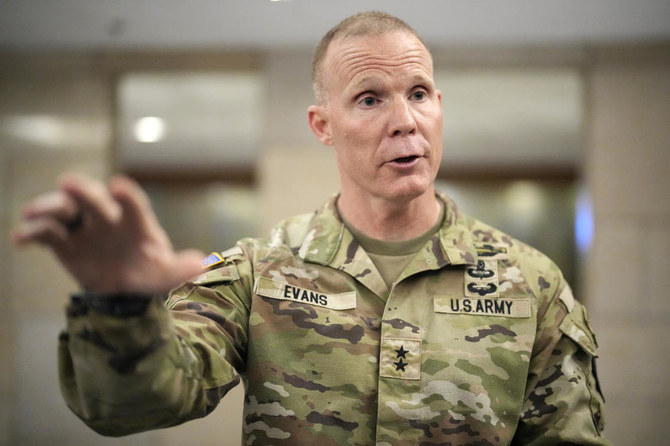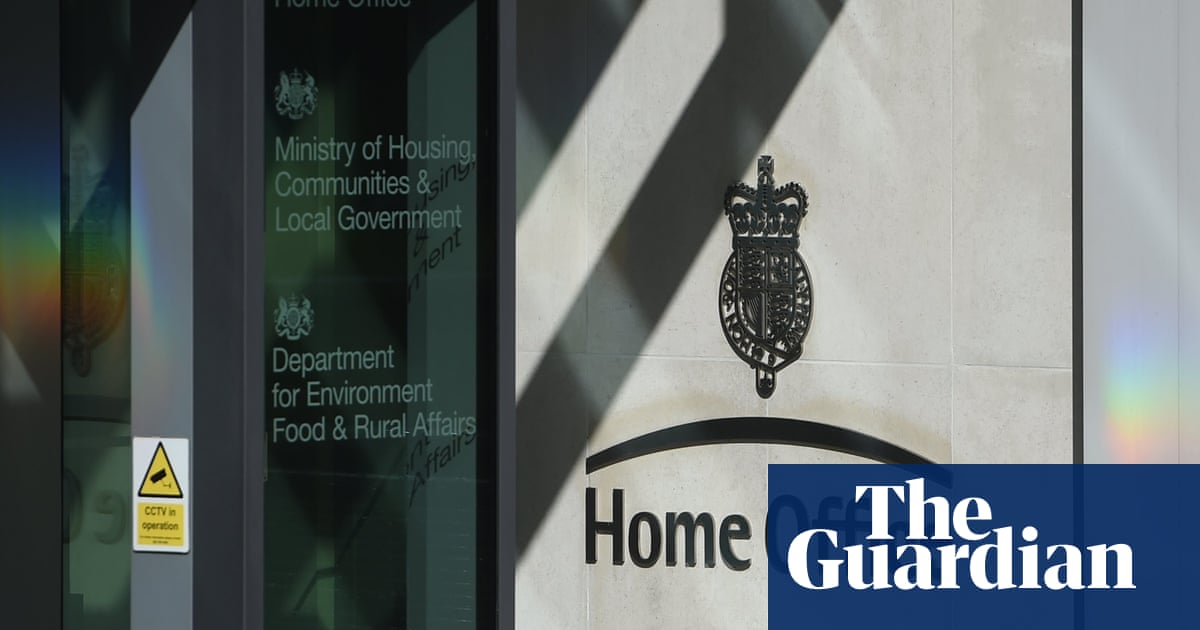
Any effective counterterrorism strategy has to be anchored in tackling the root of the problem. Last week’s raid by the US led to the death of Daesh leader Abu Ibrahim Al-Hashimi Al-Qurashi, who blew himself up as American troops closed in on the house where he was holed up in northern Syria. Although this is considered a national security victory for the Biden administration, global terrorism is far from being vanquished. In fact, a report by UN experts, which was based on the last six months of 2021, acknowledged that “an eventual (Daesh) resurgence in the core region (Syria and Iraq) cannot be ruled out.”
As long as the Iranian regime is not strongly confronted, many terror groups will continue to be a major threat to global peace and security and will persist in carrying out terrorist activities. One of the problems is that Tehran’s leaders and military institutions enjoy the legitimacy of the nation-state system endorsed by the UN. As a result, the interventions, military adventurism and crimes against humanity committed by the Islamic Revolutionary Guard Corps and the Quds Force draw less attention. The ruling clerics have got away with their brutal actions for almost four decades because they have a “government.”
Iran is the top state sponsor of terrorism in the world. It supports, both militarily and financially, many militia and terrorist groups all around the globe. It also regularly creates new terrorist groups. No matter how much other governments spend on resources to fight and eradicate terrorist groups, the Iranian regime finds ways to create new ones. Even when a terrorist group is eliminated, the regime grooms and funds others to advance its revolutionary and parochial interests. According to my research at Harvard University, the Iranian regime single-handedly assists almost half of the world’s designated terrorist groups.
It follows, then, that the Iranian regime is most likely responsible for blood being spilled across many nations and for the deaths of countless victims of terrorism. Tehran has also placed spies, lobbyists and agents across the globe, including in the US.
Let us examine, for example, the Iranian regime’s relationship with one of the most powerful terror groups in the world: Al-Qaeda. Their ties date back to the early 1990s. Back then, Tehran viewed Al-Qaeda, like other terrorist groups, through the prism of ideological and political opportunism. From the Iranian leaders’ perspective, Al-Qaeda was an invaluable nonstate terrorist group that could help it accomplish its three main revolutionary aims: Anti-Americanism, undermining Saudi Arabia’s interests in the region, and destabilizing the Middle East so that Tehran can exploit the chaos and instability. In addition, Sunni-Shiite divisions have never been an issue for the Iranian regime.
A convergence of interests between the Iranian regime and terrorist groups generally leads to a blossoming of ties. For instance, Iran struck a deal with Al-Qaeda in the 1990s and used Hezbollah to provide funds, arms and explosives. Osama bin Laden even advised his followers to revere the Iranian regime and wrote that Tehran was Al-Qaeda’s “main artery for funds, personnel and communication.”
The Iranian regime single-handedly assists almost half of the world’s designated terrorist groups.
Dr. Majid Rafizadeh
Three of Iran’s key institutions appear to be vital in assisting terror and militia groups: The IRGC, its elite Quds Force and the Ministry of Intelligence. Even the Iranian leaders have acknowledged their ties with terror groups. For example, former IRGC general Saeed Ghasemi shared a surprising revelation in 2019, when he said the Iranian government sent agents to Bosnia to train Al-Qaeda members and that those operatives hid their identity by posing as humanitarian workers for Iran’s Red Crescent Society.
Another Iranian official, Hossein Allahkaram, stated: “Al-Qaeda has different ranks and the rank that was in Bosnia were connected to us in some ways. Occasionally, some of them, after they were trained in Al-Qaeda bases and received their weapons, for some reasons, they would leave that place and come to us.”
So, for any counterterrorism strategy to be successful, it must concentrate on confronting the root of the problem, which is the Iranian regime. Tehran and its military institutions should be considered the world’s greatest national security threat. The regime appears to be the patron of many terrorist organizations across the region. The international community, particularly the US administration, must hold Iran accountable for its funding, arming and empowering of such groups.
Dr. Majid Rafizadeh is a Harvard-educated Iranian-American political scientist. Twitter: @Dr_Rafizadeh
Disclaimer: Views expressed by writers in this section are their own and do not necessarily reflect Arab News" point-of-view












